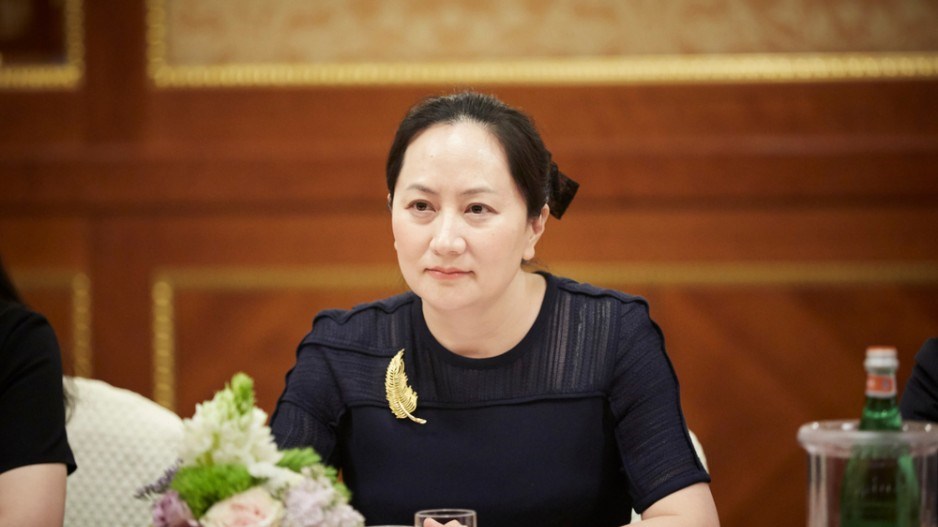The latest round of the extradition proceedings surrounding Huawei Technologies Co. Ltd. CFO Meng Wanzhou has devolved into a debate on the trustworthiness of the United States and its record of the case (ROC) against the Chinese tech executive.
The hearings in B.C. Supreme Court this week were ostensibly to determine whether additional evidence should be allowed from Meng’s arrest in Vancouver in December 2018, but the Huawei exec’s defence team of lawyers Scott Fenton and Frank Addario put the spotlight squarely on the ROC and the supplemental record of the case (SROC) – documents provided by the U.S. Department of Justice to the attorney general of Canada in detailing Meng’s alleged crimes of fraud and money laundering.
“We seek to introduce evidence that demonstrate that the two certified records of the case are fundamentally unreliable,” Addario said in court on Wednesday. “I don’t want to conduct a trial of the issue.... I believe it is our intention to attack the ROC at its core. I don’t intend to present alternative facts.... I do intend to attack the ROC where it purports to show evidence of criminality. I don’t intend to pursue peripheral features of the ROC or to build Ms. Meng’s defence at trial.”
Meng’s allegations that U.S. authorities misrepresented her 2013 PowerPoint presentation to HSBC as an attempt to mislead the bank were so strong that Addario brought the trustworthiness of the United States as a Canadian extradition treaty ally into question, according to Wednesday’s testimony.
“The duty of candour surely does not permit the treaty partner to enjoy the privilege our law affords of generally excluding evidence of foreign laws to committal hearings, but to abuse this same privilege by omitting the clarification ... that a simple transaction in U.S. dollars outside the U.S. related to sanctioned countries is not a crime,” Addario said.
“The privilege of being a treaty partner – whose version of events is presumably reliable – doesn’t include the privilege of bragging that the certified records of the case are going to court in a way that’s designed to trick the judge into thinking that a sanction violation was inevitable.”
Crown attorney Robert Frater said in court earlier in the week that such arguments should be reserved for a trial in the U.S. to eventually decide, and Canadian court’s role in the extradition hearings is to simply to determine whether Meng’s case fits the requirements for extradition.
The evidence Meng is trying to introduce to the proceedings is either “inadmissible” or “irrelevant,” Frater said.
“What they [the defence] are trying to do is to say ... the U.S. theory of the case doesn’t hold up in U.S. law,” Frater said in court earlier. “To that, I say, tell it to a U.S. court.”
The Crown attorney also said the ROC did not falsely portray what Meng was allegedly trying to do with her 2013 PowerPoint – intentionally mislead HSBC about Huawei’s relationship with subsidiary Skycom in order to maintain its relationship with the bank.
Associate Chief Justice Heather Holmes has reserved judgment on the issue. The hearings are scheduled to resume on October 26.




